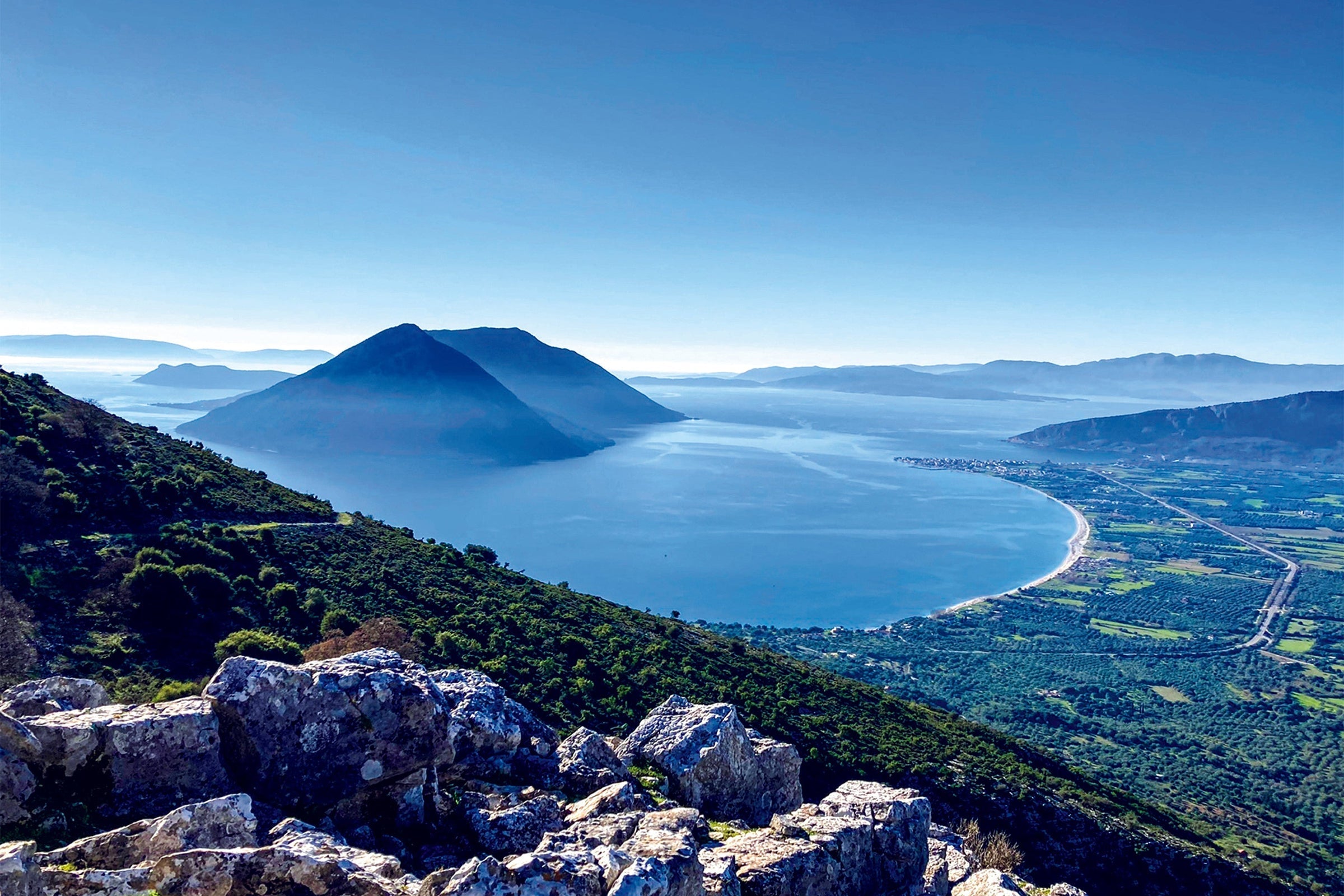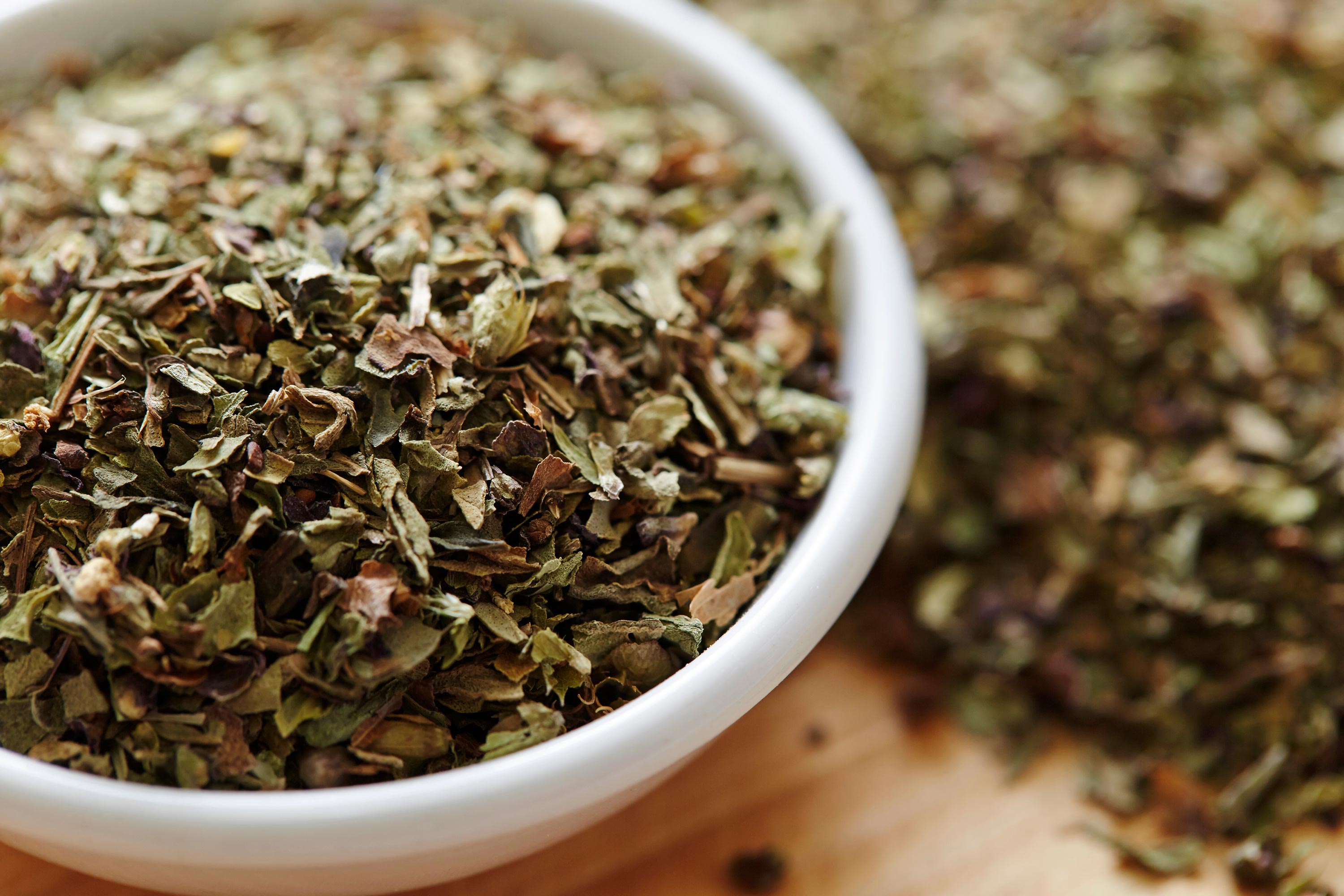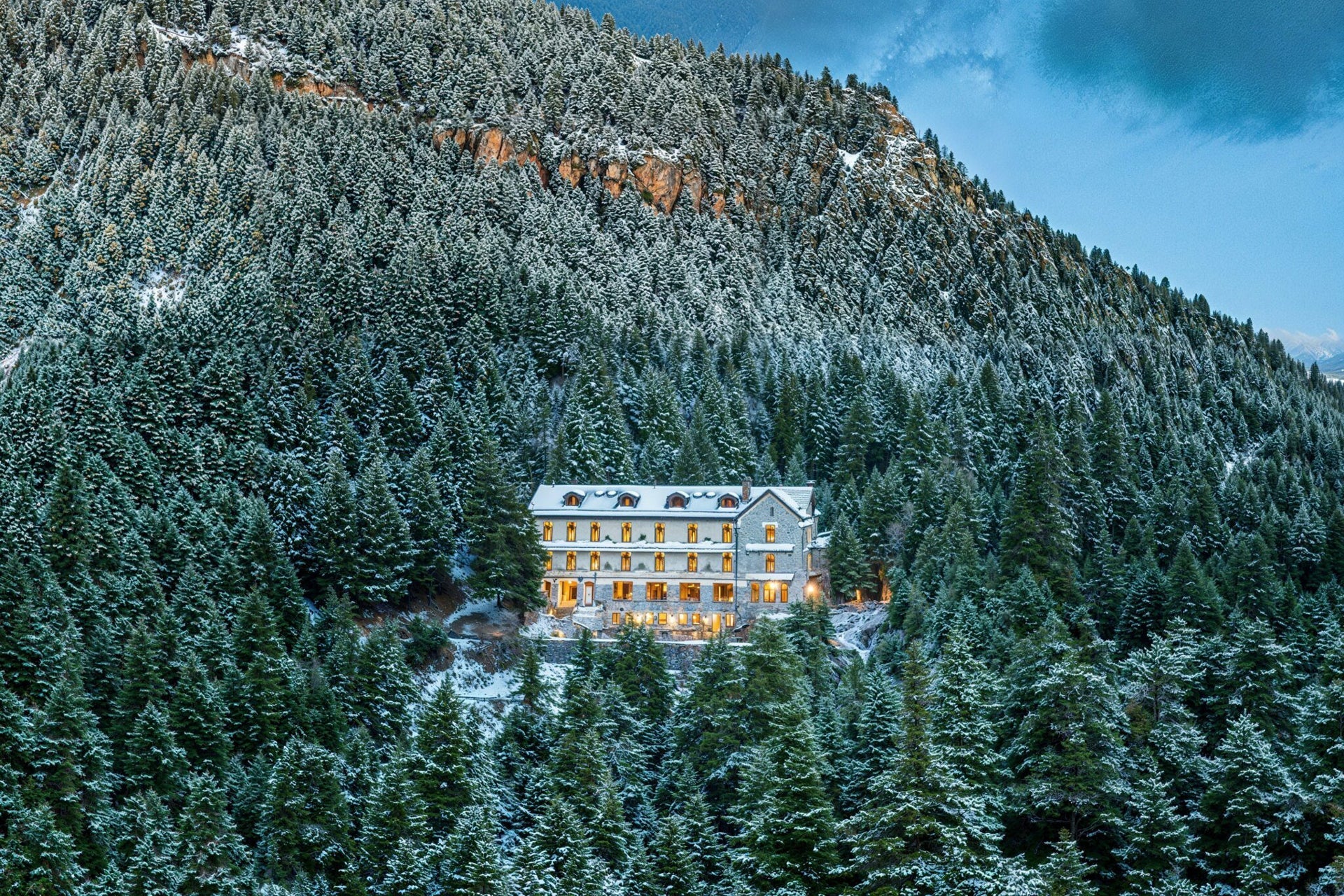
Why European Food Labels Whisper Secrets of the Garden, While American Labels Sometimes Stay Silent
Have you ever flipped over a food label and wondered, What am I actually eating? In much of Europe a food label feels like an honest conversation. It tells you exactly what’s inside, in the order it’s there, with nothing hiding in vague terms.
In the U.S., the story can be more complicated. Labels often speak in shorthand, and the real details get lost in “natural flavors” or confusing serving sizes. It’s not just a difference in style - it’s a difference in philosophy.
The Soil Speaks First
Great food starts with great soil. In the U.S., decades of industrial agriculture have left many fields nutrient-depleted. This means produce can lack the depth of vitamins, minerals, and phytonutrients you’d find in traditionally farmed European crops.
Another challenge? In the U.S., genetically modified (GMO) crops are often grown close to conventional or even organic fields. That proximity increases the risk of cross-contamination - something European regulations work hard to prevent with strict buffer zones and isolation rules.
At Ambrosia & Nektar, we partner only with small, remote Greek farms, far from industrial agriculture and GMOs, ensuring every drop of our organic olive oil and every spoonful of wild forest honey is exactly as nature intended.
Additives: A Tale of Two Philosophies
Europe’s approach is simple: fewer additives, more caution. The European Food Safety Authority allows around 300 - 338 approved additives - each vetted for safety. If there’s doubt, it’s out.
In the U.S., the Food and Drug Administration takes the opposite stance. Thanks in part to the “Generally Recognized as Safe” (GRAS) loophole, food companies can self certify ingredients. The result? An estimated 3,000–10,000 additives are in use - ten times more than in Europe.
That means your jar of pasta sauce or bottle of salad dressing could contain a cocktail of stabilizers, colors, and “flavors” that would never make it past European regulators.
Transparency in Labels
In Europe: Ingredients are listed in descending order by quantity, allergens are clearly marked, and nutrition info is given per 100 g or ml—making it easy to compare products side by side.
In the U.S.: Nutrition facts are based on a “serving size” that can be misleadingly small. And vague umbrella terms like natural flavors keep you guessing.
That’s why our pomegranate juice lists exactly what’s inside—just pure, cold-pressed juice from organically grown Greek fruit. Nothing else.
Bringing a Bit of the Mediterranean to Your Kitchen
Here’s how to shop like a European, no matter where you live:
-
Shop Smart – Choose certified organic products and steer clear of controversial additives.
-
Go Global – Visit Mediterranean-style markets or seek out imports with clean ingredient lists.
-
Support Change – Every purchase is a vote for better food standards. When you choose transparency, you encourage others to follow.
The Ambrosia & Nektar Promise
We believe food should tell the truth - from the soil it’s grown in to the label on the bottle. Every harvest we offer, whether it’s our high-polyphenol olive oil, golden honey, or ruby-red pomegranate juice, carries full traceability, EU organic certification, and lab-tested purity.
Because when food tells you its story, it should be one worth savoring - rich in flavor, honesty, and heritage.
Shop Now




